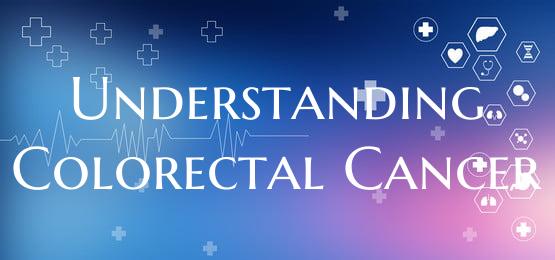
Understanding Colorectal Cancer
Colorectal cancer, also known as colon cancer or rectal cancer, is a type of cancer that affects the colon and rectum – the final parts of the digestive system. This form of cancer typically begins as a growth called a polyp, which can be noncancerous initially but has the potential to become cancerous over time.
Signs and symptoms of colorectal cancer may include changes in bowel habits, such as diarrhea or constipation, blood in the stool, abdominal discomfort, fatigue, unexplained weight loss, and other gastrointestinal issues. It is important to note that these symptoms are not exclusive to colorectal cancer and can be caused by various other conditions, but if you experience any persistent or concerning symptoms, it is important to consult a healthcare professional for proper evaluation.
Several risk factors are associated with an increased likelihood of developing colorectal cancer. These include advancing age, a family history of colorectal cancer or polyps, inflammatory bowel diseases such as Crohn's disease or ulcerative colitis, a diet high in red and processed meats, obesity, smoking, and heavy alcohol consumption.
Screening for colorectal cancer is crucial for early detection and prevention. Common screening methods include colonoscopies, fecal occult blood tests, and stool DNA tests. Early detection through screening can significantly increase the chances of successful treatment and improved outcomes.
Treatment options for colorectal cancer depend on the stage of the cancer and may include surgery, chemotherapy, radiation therapy, targeted therapy, and immunotherapy. The treatment plan is tailored to each individual patient based on various factors, including the extent of the cancer, overall health, and personal preferences.
Preventive measures for colorectal cancer include maintaining a healthy lifestyle through regular exercise, a balanced diet rich in fruits, vegetables, and whole grains, limiting alcohol consumption, avoiding tobacco use, and staying at a healthy weight.
In conclusion, understanding colorectal cancer involves awareness of its signs and symptoms, risk factors, screening methods, treatment options, and preventive strategies. Through education, early detection, and appropriate medical care, the impact of colorectal cancer can be minimized, and the chances of successful treatment and recovery can be optimized. It is essential to prioritize regular screenings and adopt a healthy lifestyle to reduce the risk of colorectal cancer and promote overall well-being.